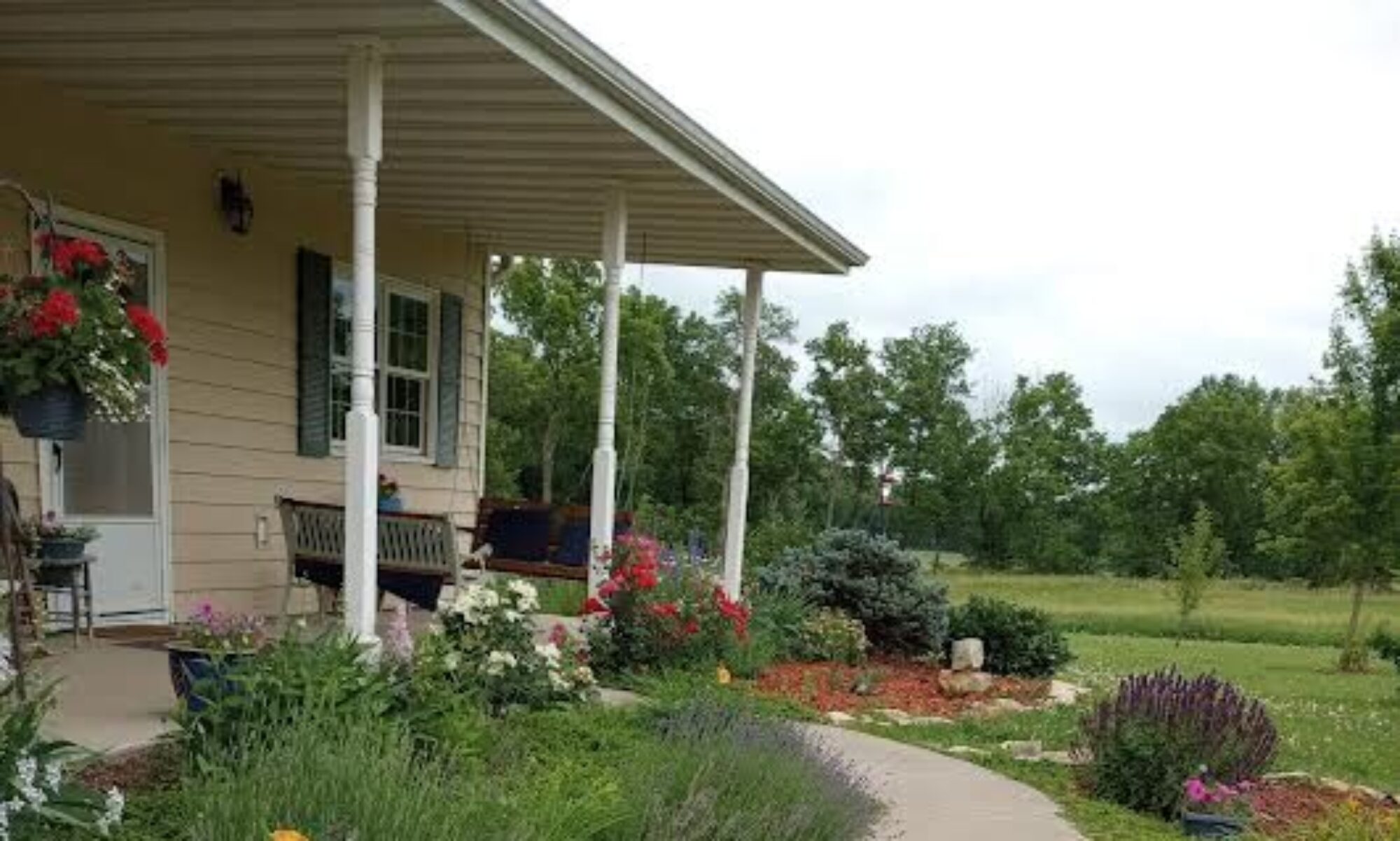Children don’t know anything but transparency and authenticity. Their freedom to be themselves is quite compelling. It is only later that they begin to adapt to the social pressures in this fallen world.
I remember in my wise four-year-old mind becoming aware that the thoughts coming in the form of ideas or conversation with others were actually coming from me. I remember the awe I would feel when I would whisper to myself, “I am Me.” Allowing the thought to reach into my very soul, I was overwhelmed with a sense of my own identity, and I marveled at this reality.
But when a child is slowly growing through those formative years, identity can become very confusing, and authenticity becomes less and less automatic. Little by little I began to lose that ownership of my identity. In the next half a dozen years, we moved. A lot! We were always the new kids in the neighborhood, the new students in the classroom. In one of my first grade classrooms (I think I went to three first grade class rooms in three different states that year) the teacher had given us the wonderful privilege of writing on the chalkboard during the lunch hour.
One noon, I had finished my lunch early and had taken my place beside another little girl who was writing on the chalk board. I quietly drew some figures on the board, but out of the corner of my eye I was watching this very sophisticated little girl, this One-who- belonged, write her name. She not only knew how to write her name, she knew how to write it in cursive! Surreptitiously I watched and, hiding my work behind my left hand, I wrote it just like she wrote it, Betty. I went back to my desk that day and continued to practice that special word, Betty. Throughout my school years and into adult hood, any time I doodled, in the midst of the doodling one word was sure to appear. . . Betty. In some ways, this was to mirror the loss of that sense of identity that I had grasped so innocently in my preschool years. I did not consciously adopt someone else’s identity, but I became less and less sure of who was existing at my core, who God had intended me to be.
One thing remained constant, though, in my growing years. The God who lived up there in those beautiful skies, grew to be my companion. In so many ways He showed me His beauty, His kindness, His creativity, His protection. However, He spoke to me most clearly through His creatures. They became His sketch book of every day lessons. “Look dear child at the beauty of the many colors in that rooster’s tail. Watch the tenderness with which that momma cow licks and washes her tiny calf; see the devoted look in those beautiful cocker eyes of your faithful dog Winky as she watches to see what you will do next.” In each creature, I saw characteristics that had been placed by a loving Creator. But there was more! Each creature seemed to be secure in who/what it was. God had created it to be a dog, a cow, a horse, a sheep, and it found satisfaction in being, just in being. True authenticity! I have watched those creatures almost in awe. They are content, unassuming, and real! None of the socialization, none of the pressure that we as humans have experienced in order to fit in, to pretend, to perform.
My natural instinct has been, even as a child, to turn to those creatures that also seemed to accept me just as I was. At the age of four, I would slip out to the dairy barn after the cows had been milked and had settled for the night. In that long old barn, I had birthday parties; I had prayer meetings. With a little grain in my hand, I would walk from stanchion to stanchion, preaching, singing, and entertaining. And they accepted me. They were my adoring audience. I could be free to be me. Later, after we moved from the dairy farm and began the saga of continual moving, my cocker spaniel, Winkie, was the receptor of my tales of longing, my companion on walks, and my nighttime buddy. She loved me unabashedly and uncompromisingly.
By my teenage years, I was becoming more and more a creator of my own self. With deep feelings of not belonging in this world, of watching it as an outsider, I was becoming a young adult. Unlike that little four year old who was thrilled with the “me-ness of me,” the person I was becoming did not like the me I was. I did not like the body I had been given, nor did I not like my history. Instead of accepting my identity, I became adept at covering it, of masquerading it, of working hard to become what I thought I should be.



